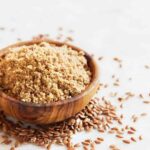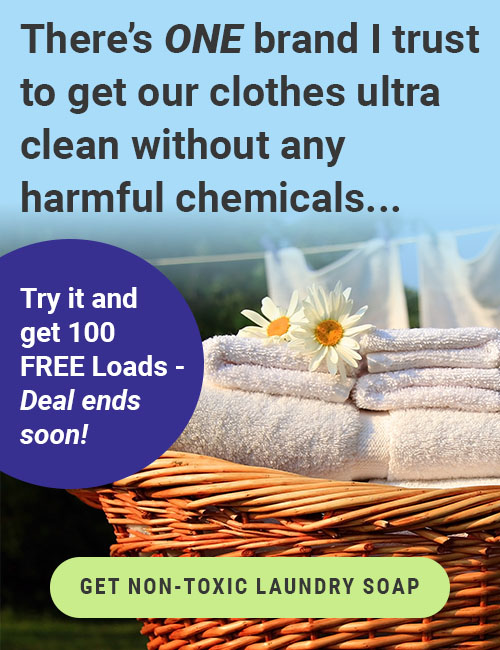The “Difficult Patient”: Euro Cancer Travels, Part 4
In my tour of alternatives to chemo and radiation, throughout Europe, I encountered Dr. Alexander Herzog. He’s a traditionally trained oncologist, and he does administer chemotherapy in his small hospital called Fachklinik. Generally he does only low-dose chemotherapy combined with hyperthermia.
Hyperthermia is possibly the most evidence-based of the “alternatives” in cancer research. I did it myself, on camera, while I studied at Fachklinik. It takes a few hours to raise the body’s core temperature to 104 – 106 degrees. This elevates activity of T cells and lymphocytes. It burns out cancer cells. And it makes radiation and chemotherapy more effective on the cancer, and less deadly to healthy cells.
Most of the alternatives to slash/burn/poison do not have an industry backing them with millions of dollars for clinical trials. So one of the major uphill battles of anything “alternative” oriented is that the patient in an oncologist’s office is immediately bombarded with “studies.”
That’s another series of blog entries altogether, to expose the tactics of how statistics and “research” are manipulated, especially for breast cancer, a topic we’ll set aside for now.
But worldwide research, including a lot in universities in Germany, point to the efficacy of activating the immune response by inducing artificial fever via hyperthermia. Dr. Herzog said full-body hyperthermia is most effective for breast cancer, advanced cervical cancer, and sarcomas.
Dr. Herzog told me that his patients have opted out of the cancer machine and come to his clinic because they have been deemed “difficult patients.”
“You,” he told me, “would be a difficult patient.”
He said this affectionately with a smile. He says he likes the difficult ones. They are disliked, and even kicked out, sometimes, in traditional oncology clinics. He quoted a study to me (which I fear will be in German, but I will track it down) that difficult patients (highly involved, studiers, seekers) have the best outcomes.
Most patients, he said, do little or no research and simply put themselves in the doctor’s hands. They shut their eyes tight and submit to the burning gamma rays, or the needle in the arm, or both, and hope for the best.
Understandably, fear grips them. When I talk to these cancer patients, I say, “This is important. This is NOT an emergency.” When I interviewed Dr. Herzog and asked him what he’d want a cancer patient to know, immediately, he said,
“That you have time to research. Get a second opinion.” He feels that life-and-death decisions should not be made in a moment of fearful paralysis.
Remember Oprah’s quote: “When we know better, we do better.” (Do you decrease your mortality rate, then, just by reading this blog? 😉 The kind of people who read my blog are reading widely from other sources, too, I bet.)

Please. Be a difficult patient, if you find yourself a patient. Tomorrow I tell you what I’ve learned watching four people close to me in 2012 diagnosed with cancer, and their choices.
Posted in: Health Concerns













